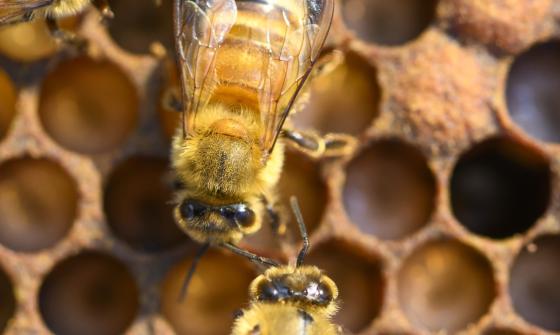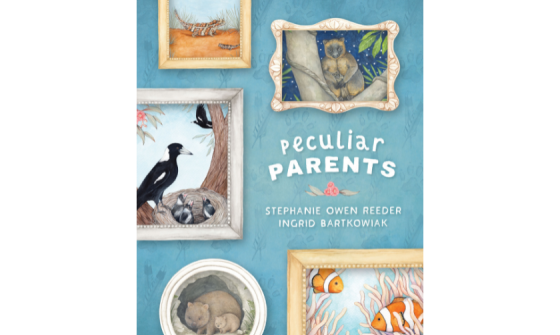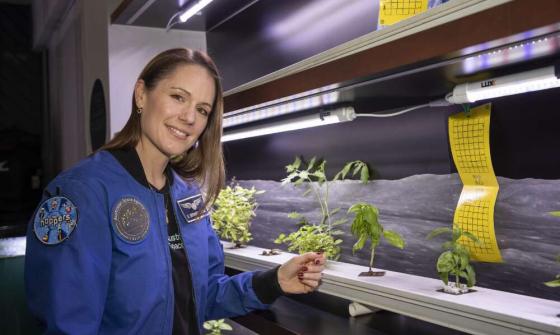Voices of Aussie wildlife conservation
How will the natural world look for our children and grandchildren? Given trends, it’s not hard to picture more wildlife species decimated and extinct, due to destruction of their habitats, poaching and climate change.
As part of its role to document the relationship Australians have with their environment, the Library has recently completed a Wildlife Conservationists in Australia oral history project. The project consists of 11 interviews with people passionate about conservation of Australian nature and wildlife who are based all over the country. The interviews take a whole-of-life approach but with a focus on the individuals who work in this field.
Read on to learn about the 11 wildlife conservationists interviewed for the project and their areas of work.
Dr Bradley Norman
Whale-shark researcher Dr Bradley Norman is working on devising original ways of tracking and identifying this great fish from Western Australia’s Ningaloo Reef and around subtropical belts.
Listen to Bradley Norman’s interview online
Uncle Edward Smallwood and Tracy Solomon
Along the Great Barrier Reef, Indigenous land and sea rangers Uncle Edward Smallwood and Tracy Solomon are dedicated to conserving the coastal and reef environments of turtles and coral from climate and habitat damage. They train young rangers to catch and tag turtles, collect coral spawn, clean up the beaches and educate children in culture.
Listen to Edward Smallwood and Tracy Solomon’s interviews at the Library.
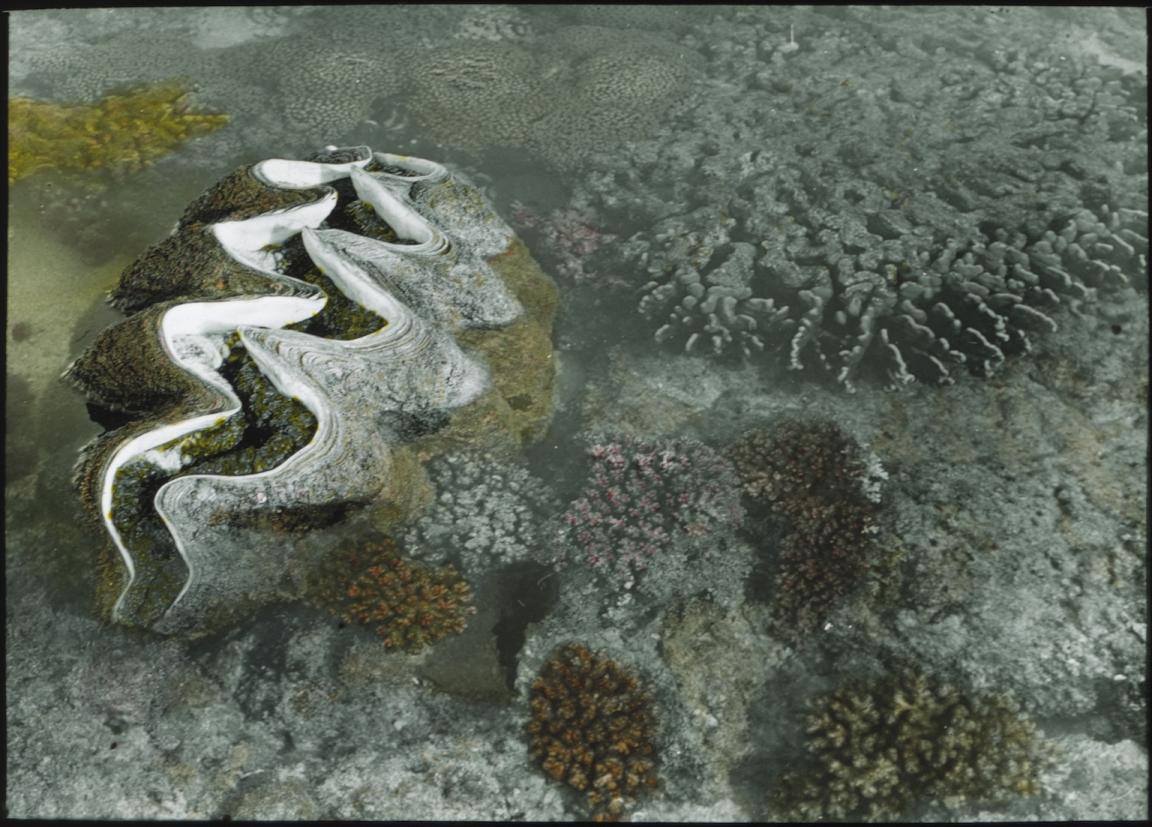
Frank Hurley, [Clam and coral, Great Barrier Reef, Queensland], 1910, nla.gov.au/nla.obj-157818108
Frank Hurley, [Clam and coral, Great Barrier Reef, Queensland], 1910, nla.gov.au/nla.obj-157818108
Amelia Formby
Dynamic zoologist and author Milly Formby flew 20,000km around the continent in her microlight aircraft bringing the plight of endangered migratory shorebirds to the attention of the next generation. During her epic flight Milly educated 6,500 school children and raised thousands of dollars.
Listen to Amelia Formby’s interview at the Library.
Dr Peggy Rismiller
Dr Peggy Rismiller is a world expert on echidnas, Robertson’s goannas and tiger snakes based in Kangaroo Island, South Australia. Peggy teaches volunteers to learn the ropes and spread across the country as citizen scientists.
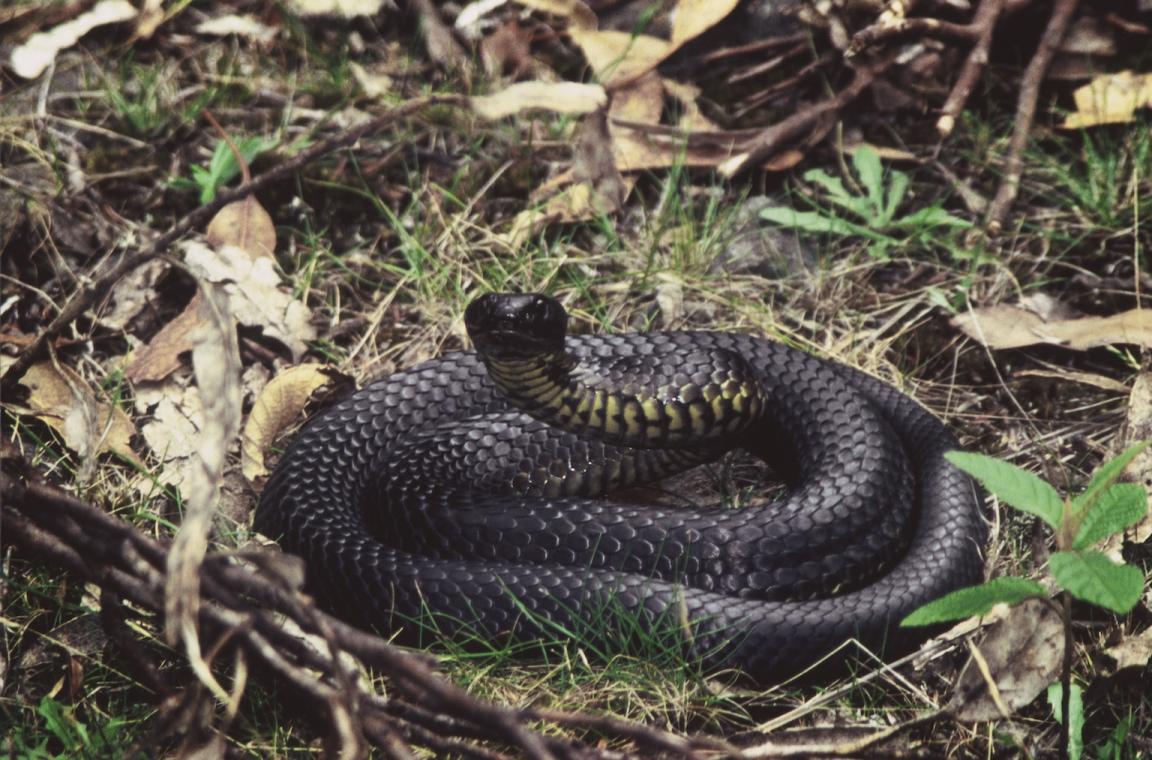
Bob Brown, Tiger snake barring my way, Garden Island Creek, near Cygnet, Tasmania, ca. 2005, nla.gov.au/nla.obj-137957061
Bob Brown, Tiger snake barring my way, Garden Island Creek, near Cygnet, Tasmania, ca. 2005, nla.gov.au/nla.obj-137957061
Androo Kelly
Androo Kelly is a Tasmanian devil breeder and trainer of keepers at the Trowunna Wildlife Sanctuary. In keeping healthy devil populations, she aims to reduce cases of devil facial tumour disease.
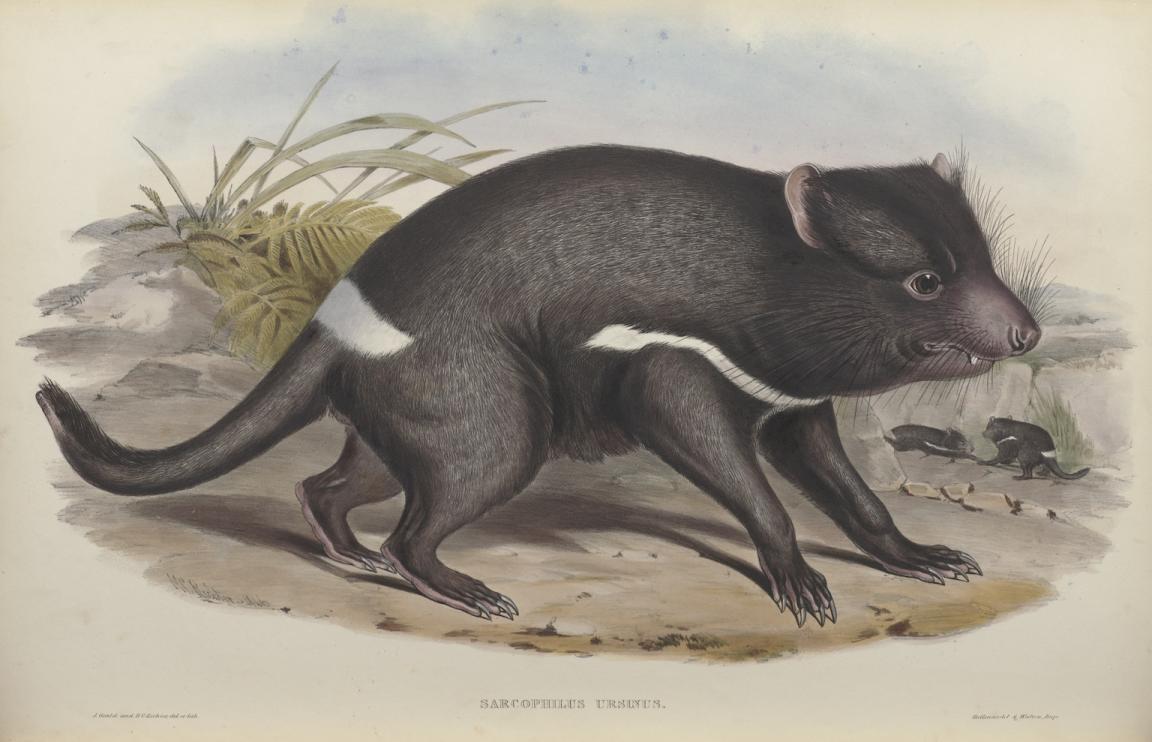
John Gould & Henry Constantine Richter, The mammals of Australia, 1863, nla.gov.au/nla.obj-2334488880
John Gould & Henry Constantine Richter, The mammals of Australia, 1863, nla.gov.au/nla.obj-2334488880
Rachel Lowry
Rachel Lowry works nationally and in global projects to instigate innovative ways of saving tropical animals such as tigers, orangutans and rhinos. At the time of her interview, she was the Chief Conservation Officer with the World Wildlife Foundation. She has worked on notable projects such as Don’t Palm Us Off in southeast Asia on palm oil plantation encroachment, and the Beads for Wildlife campaign in Kenya as alternative money-generators for women.
Listen to Rachel Lowry’s interview online
Cameron Kerr
Taronga Conservation Society Chief Executive Officer, Cameron Kerr has been instrumental in changing the face and function of zoos in breeding endangered species such as rhinos, bilbies, ring-tailed lemurs.
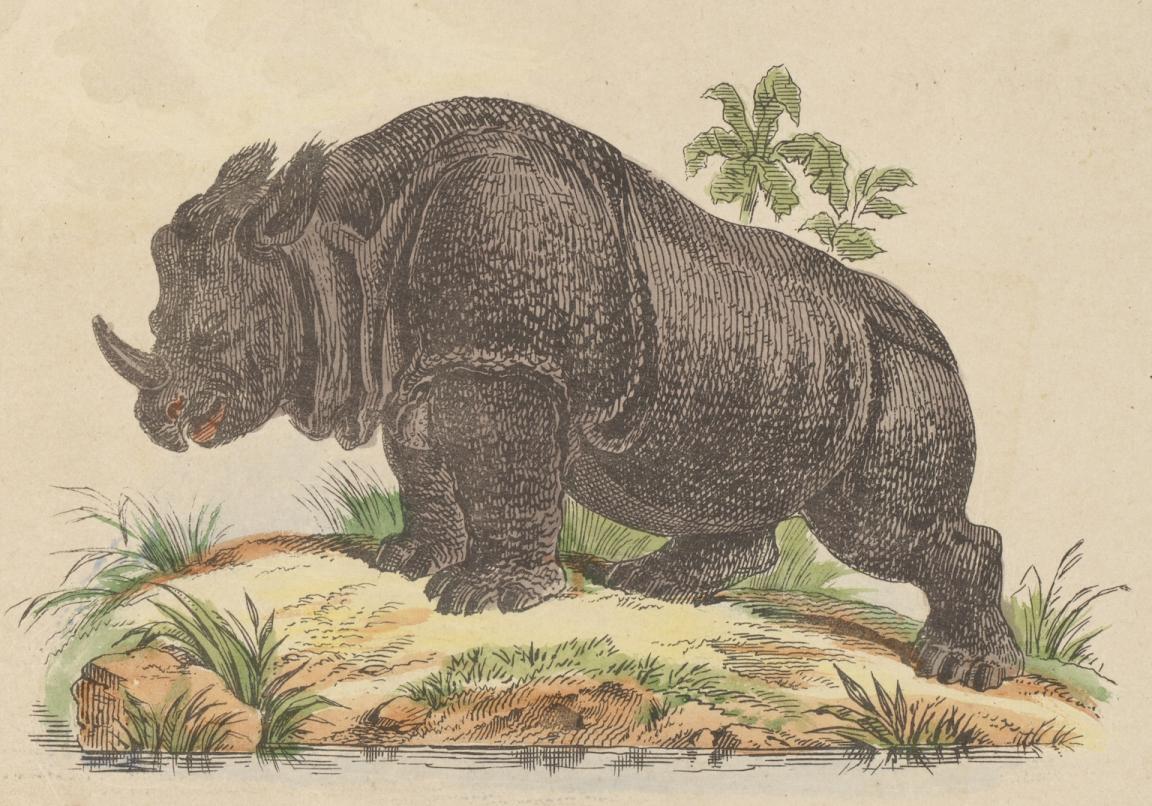
Rhinoceros, c. 1870, nla.gov.au/nla.obj-133279130
Rhinoceros, c. 1870, nla.gov.au/nla.obj-133279130
Richard Kingsford
Professor Richard Kingsford is well-known for his Murray-Darling basin and Eyre basin advocacy. Throughout his career, he has recorded over 40 national waterbird surveys annually and run numerous research projects on platypus, native mammals, and birds.
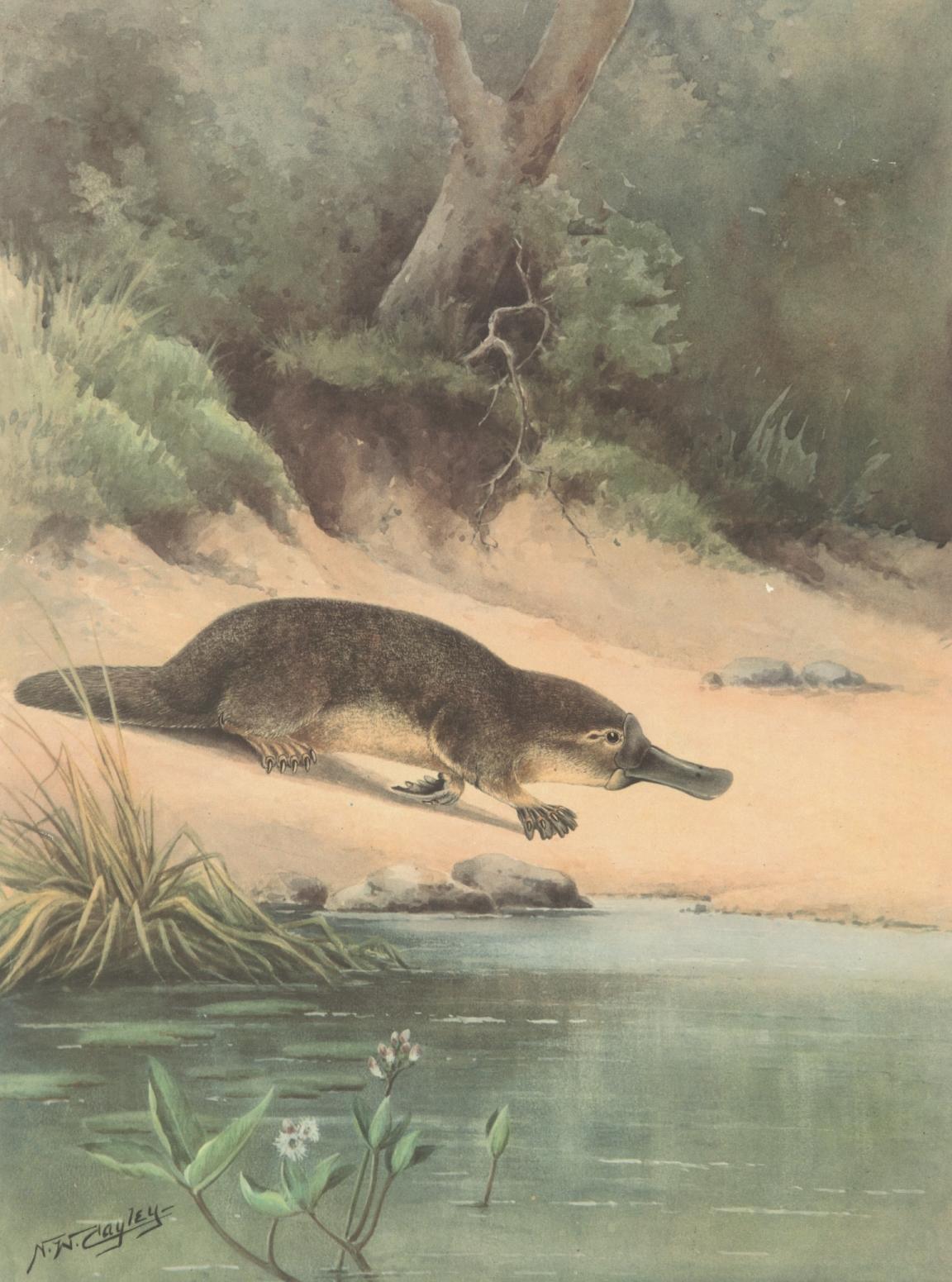
Neville W Cayley, Platypus (Ornithorhynchus anatinus), 1940, nla.gov.au/nla.obj-151729171
Neville W Cayley, Platypus (Ornithorhynchus anatinus), 1940, nla.gov.au/nla.obj-151729171
Ian Hutton
Naturalist, photographer and museum curator Ian Hutton is at the heart of that island’s feral eradication efforts. This work is regenerating the island’s native flora and fauna, such as the Lord Howe Island woodhen.
Listen to Ian Hutton’s interview online
Dr Brianna Talbot
Vet Dr Brianna Talbot tirelessly works with a team helping injured feathered, furry and marine ‘patients’ brought in for treatment. Among these patients are koalas burnt in bushfires, stranded albatross, animals hit by cars and boats, or those attacked by cats and dogs.
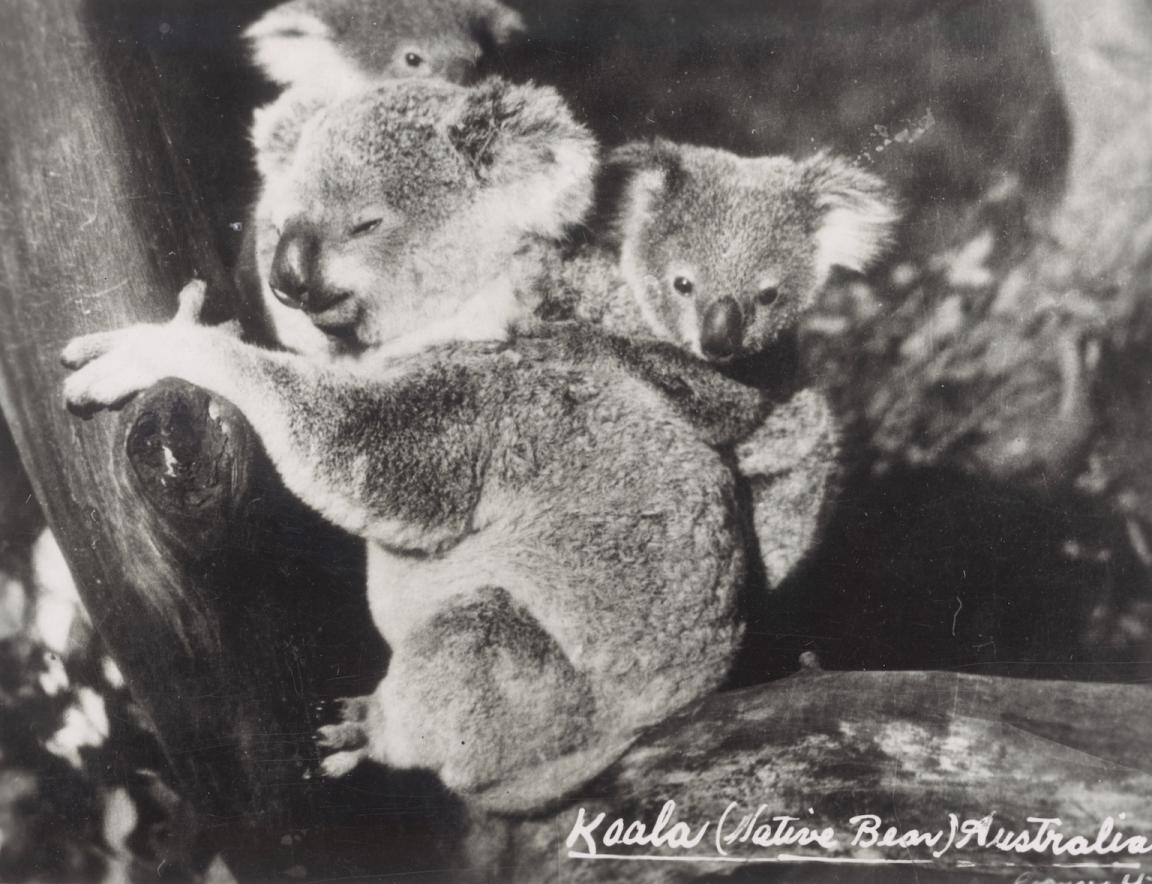
Two koalas in a tree, 1930, nla.gov.au/nla.obj-148977738
Two koalas in a tree, 1930, nla.gov.au/nla.obj-148977738
Explore the project
Hear these stories and feel inspired to contribute to Australian and global conservation of wildlife and their habitats with the full interviews from the Wildlife Conservationists in Australia oral history project.
Supplementing the oral history interviews is this map displaying the interviewees and where in Australia they're from.
